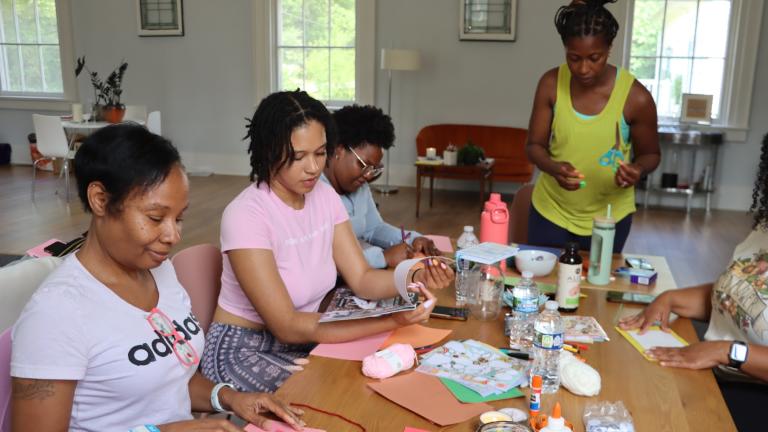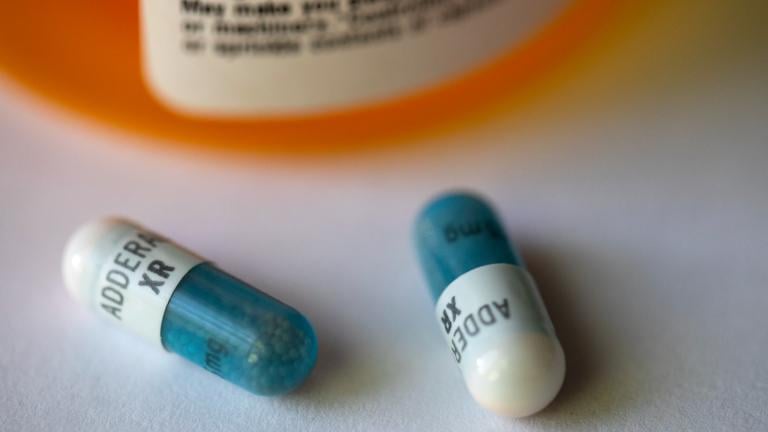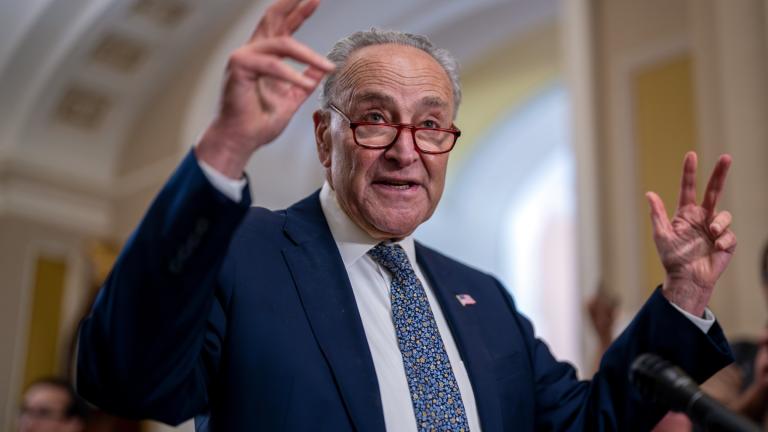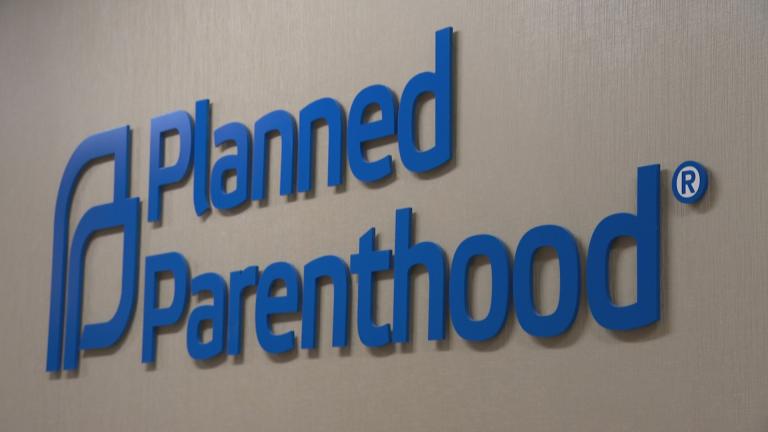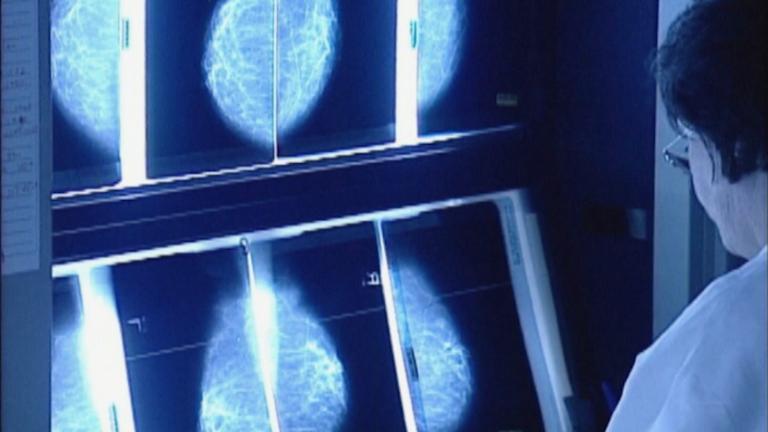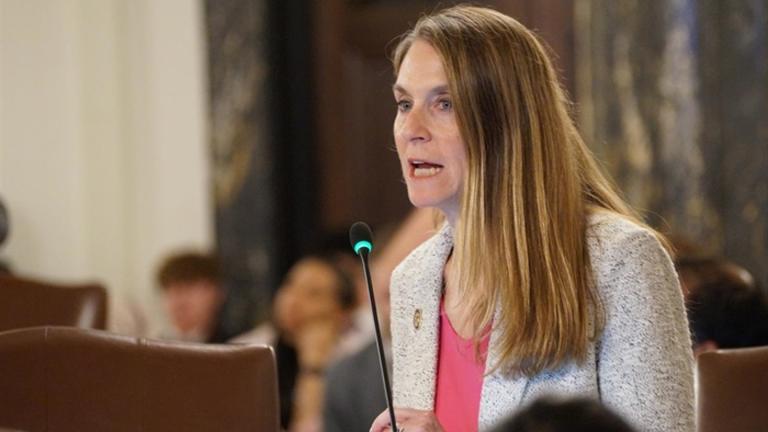Historically, the medical mistreatment of people of color has resulted in the mistrust of a system that saves lives. With health conditions like diabetes, high blood pressure and kidney disease on the rise within Black and Brown communities, physicians are working to restore trust in the organ donation process via education and community outreach.
At UI Health, a Spanish-language clinic helps patients through the kidney transplant process.
“This is great because I can understand,” said David Rodriguez, 52, who has had two kidney transplant surgeries. “There are a lot of things I medically don’t understand, and they translate here, and I can understand the situation I’m in.”
The clinic is part of the UI Health kidney transplant program at the University of Illinois Hospital. Dr. Jorge Almario Alvarez is one of the doctors who spearheads the initiative.
“It’s time that the hospitals go around the patients, not patients go around the hospitals trying to find an answer,” Alvarez said. “We decided to start a Spanish-speaking clinic to try to make more consultations with people, try to clarify all the doubts. And in that way, people feel more comfortable to ask questions.”
Alvarez said his vision for the clinic is to bridge the gap in the Latino community: a center for patients and their families to get educated on donation and the transplant process.
“Sometimes there are some cultural barriers to the surgery that are complicated and dangerous,” Alvarez explained. “Nowadays it’s not like in the past. The outcome of kidney transplant is very good.”
On the South Side of Chicago in the Chatham neighborhood, Harry Wilkins is on a similar mission. The former Independence Bank of Chicago on Cottage Grove Avenue is being transformed into an educational hub.
“Nationally there are over 106,000 people waiting for an organ; most of those are kidneys,” said Wilkins, CEO of Gift of Hope. “The overwhelming majority, 60% of those, are Black and Brown communities. The disparities are because those conditions that cause kidney failure are disproportionally represented in Black communities.”
Wilkins said Black Americans are four times more likely than White Americans to have suffered kidney failure.
“In the … Black and Brown communities, there’s a historical mistrust of health care,” Wilkins said.
“The only way we can really address that is through education,” he continued.
Wilkins grew up in the Chatham neighborhood, became a trauma surgeon and is now the CEO for the Gift of Hope, an organization providing organ and tissue services.
Of the educational hub Gift of Hope is creating, Wilkins said, “One of the things is that we are going to have community outreach centered here. We’re also partnering with Chicago State to give general education to the community.”
Despite there being 7.4 million registered donors in Illinois, there’s still a need for living donors. Rodriguez said his journey to find a donor in his family was difficult because of the misconceptions of donation.
“People think donating will cause you to die and they don’t do it,” Rodriguez said.
The team at UI Health said myths about donation often steer people away from wanting to donate.
“People think that after donating a kidney they will be on medication,” nurse Karen Lostaunau said. “That now they are missing an organ that they need.”
There’s also the myth that doctors won’t work as hard to save your life if you’re registered donor. Wilkins said that’s simply not true.
“If you register to be an organ donor, then you become an organ donor upon your death,” Wilkins said.
In the meantime, organizations like the Gift of Hope and the physicians at UI Health are working to restore trust by giving communities access to information.
More than 160 people have signed up with the Spanish-language clinic at UI Health since the clinic opened.
The Gift of Hope’s Chatham hub is expected to open by the end of the year.

